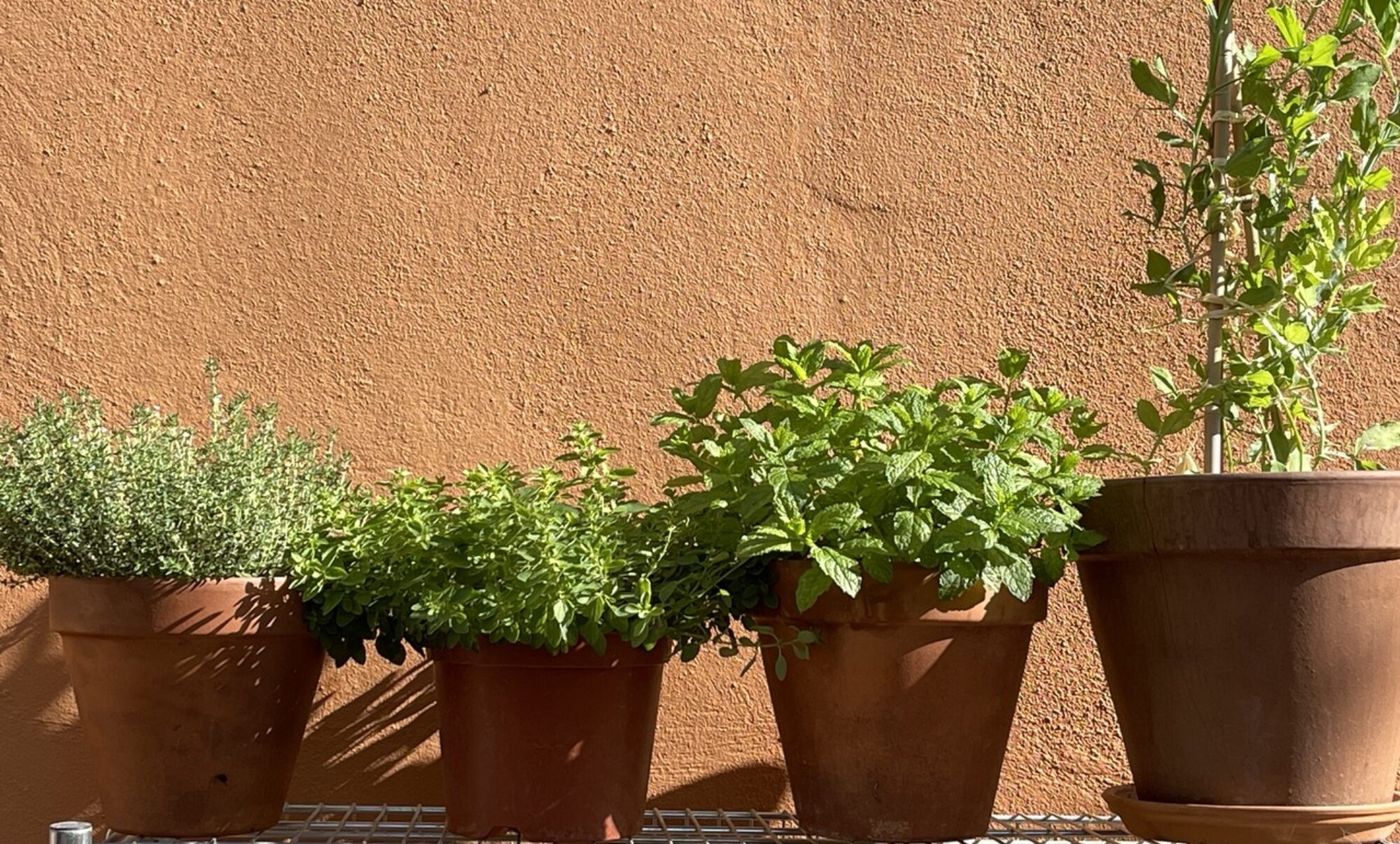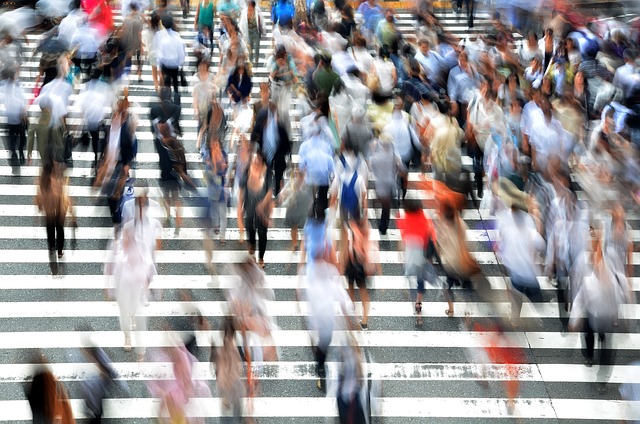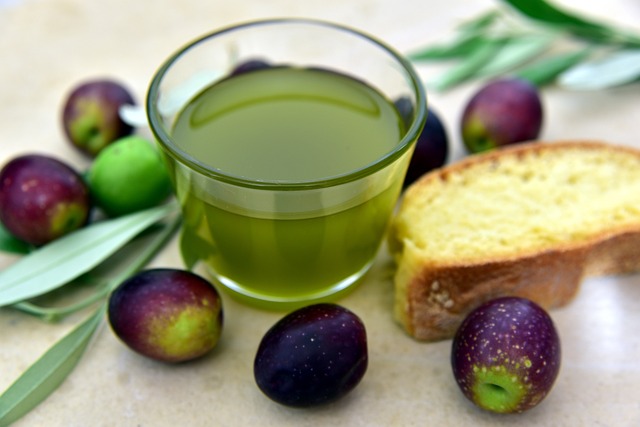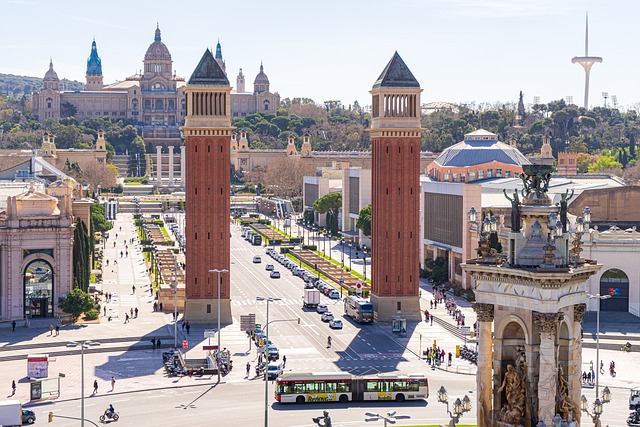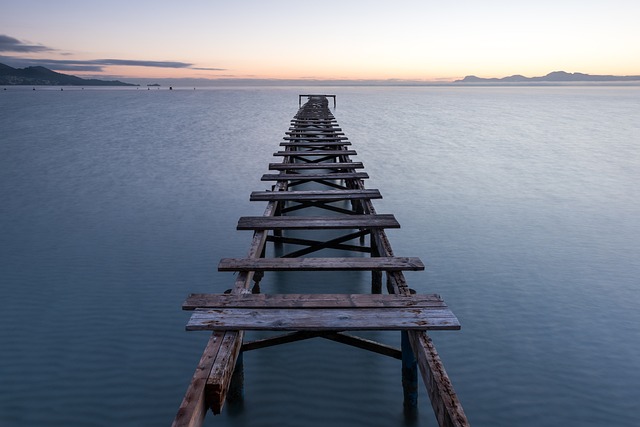Some 85 years ago on 1 April 1939, General Franco entered Madrid and declared victory via a radio broadcast.
He led the nationalist forces which ousted the Second Spanish Republic. Revenge was harsh and thorough, with thousands on the republican side either killed, or forced to flee.
After three bloody difficult years of struggle, the Spanish Civil War was over. Not only was the country torn apart, but it was a dress rehearsal for the horrific second world war which was to last five years and spread across the globe.
But, although the German fascists were defeated in 1945 and their 1000-year Reich was still born, Spain’s relationship with facsim did not end until 1975 when General Franco died.
And from 1939 to 1975 Spain was a shadow of its former glory and lost many decades of progress to the fascist rule.
When you think about modern Spanish history, Franco looms large. His full name was Francisco Franco Bahamonde and his party was the Falange Española Tradicionalista y de las Juntas de Ofensiva Nacional Sindicalista.
Basically a dictator, he assumed the title of Caudillo, which means a type of
leader, based upon almost a personality cult who wields immense military and political power. Definitions in the English language are hard to come by, but the closest is said to be ‘strongman’, or ‘warlord.’
In the early days Franco became the eventual figurehead of a military junta to which rallied a collection of far right parties and factions, including conservatives, monarchists and Falangists. They squared up to the republicans, an equally odd mixture but this time of republicans, socialists, communists and anarchists.
The touchpaper for the start of the war was a partially failed coup d’état in July 1936 which was orchestrated against the Republican government. It was led by a group of generals of the Spanish Republican Armed Forces with initially Generals Emilio Mola and José Sanjurj at the fore. When the latter two died, Franco rose to fill their boots.
The country quickly became divided, with military units showing the strongest support for the coup in such cities as Burgos, Cádiz, Córdoba, Pamplona, Seville, Valladolid and Zaragoza.
There was far less support in the cities and urban areas of Barcelona, Bilbao, Madrid, Malaga and Valencia.
It came down to a bloody and passionate fight between the Nationalists and Republicans, with both sides committing atrocities.
Other countries offered support depending on their political outlook at the time. The Nationalists were backed by Germany, Italy and Portugal. The Soviet Union and Mexico supported the Republicans.
And although the UK and US leant towards the Republicans, they stood on the sidelines via an official policy of non-intervention. Despite this, the nationals of the two countries voted with their feet and fought in a number of pro-Republican International Brigades.
The Spanish Civil War became a beacon for many of the liberal elite who categorised it as a simple struggle between freedom and tyranny.
The country still bears the scars of those years, with many Spaniards having long memories about what happened throughout the four years of confliuct and following harsh supression. It will take a number of generations for the wounds to heal before Spain can truly move from this dark period in its modern history.
Read: UN warns Spanish right not to white-wash Franco era
